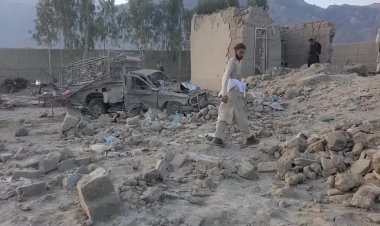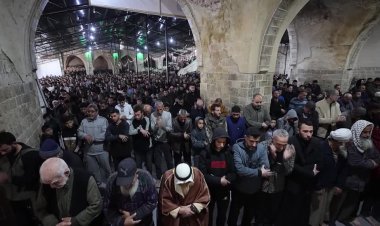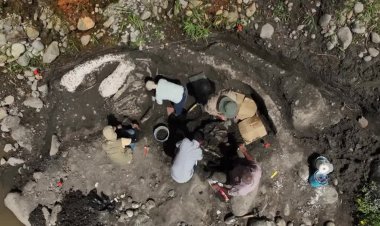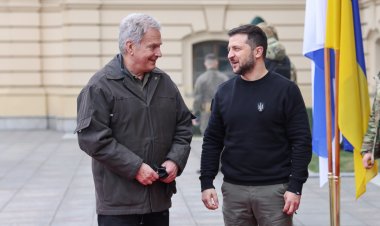Hezbollah confirms Nasrallah dead
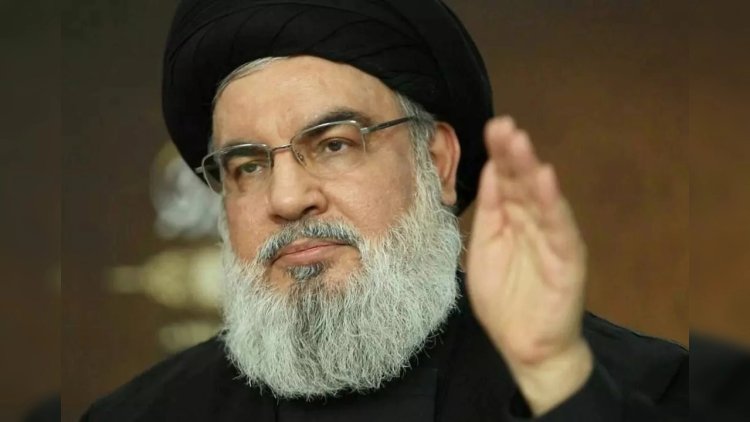
Lebanese group Hezbollah confirmed that its leader Hassan Nasrallah was killed by Israeli airstrikes on Beirut.
"Sayyed Hassan Nasrallah, Secretary General of Hezbollah, has joined his great, immortal martyr comrades whom he led for about 30 years," Hezbollah said in a statement.
Earlier on Saturday, the Israeli army claimed the "liquidation" of Nasrallah in a recent airstrike on Beirut's southern suburb.
In a statement on X, Israeli army spokesman Avichay Adraee said Nasrallah was 'liquidated' during an operation targeting the central command of Hezbollah located beneath a residential building in the southern suburbs of Beirut.
Adraee explained the airstrike was conducted with "precise intelligence from the military's intelligence agency," targeting a location where Hezbollah's leadership was reportedly coordinating attacks against Israel.
He added that the operation also resulted in the deaths of Ali Karki, the leader of Hezbollah's southern front, and several other Hezbollah commanders.
Israel has pounded Lebanon with strikes that have killed more than 700 victims and injured nearly 2,200, according to figures released by the Lebanese Health Ministry.
The ministry also said that the death toll in Lebanon since last October is 1,540, in addition to the more than 77,000 displaced from the southern and eastern parts of the country.
Iran's Supreme Leader Ayatollah Ali Khamenei called on Muslims "to stand by the people of Lebanon and the proud Hezbollah with whatever means they have and assist them in confronting the wicked regime of Israel."
Hezbollah and Israel have been engaged in cross-border warfare since the start of Israel's onslaught on the Gaza Strip, which has killed more than 41,500 victims, mostly women and children, following a cross-border attack by Hamas last Oct. 7.
The international community has warned against the strikes on Lebanon, as they raise the specter of turning the Gaza conflict into a regional war.





